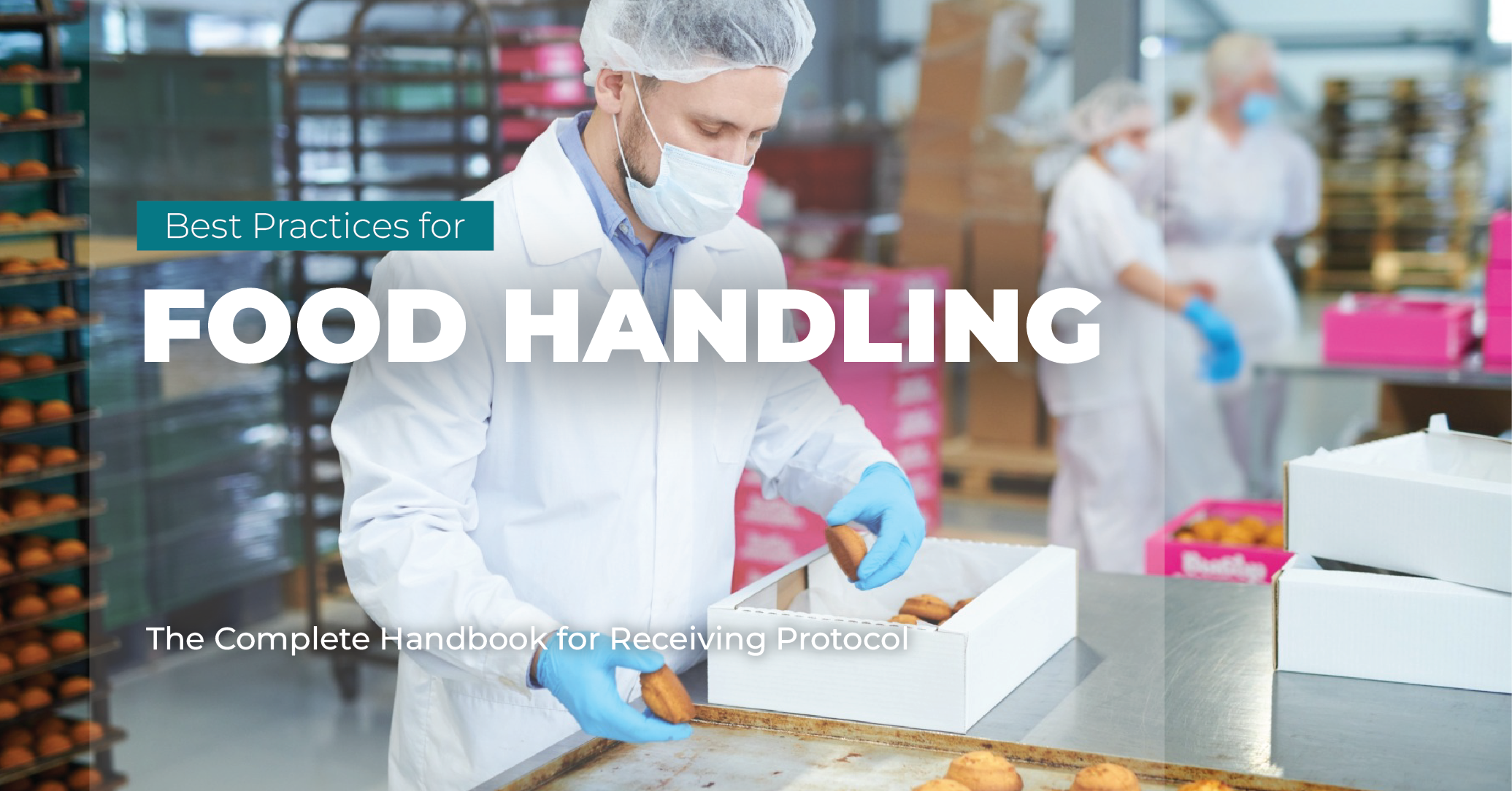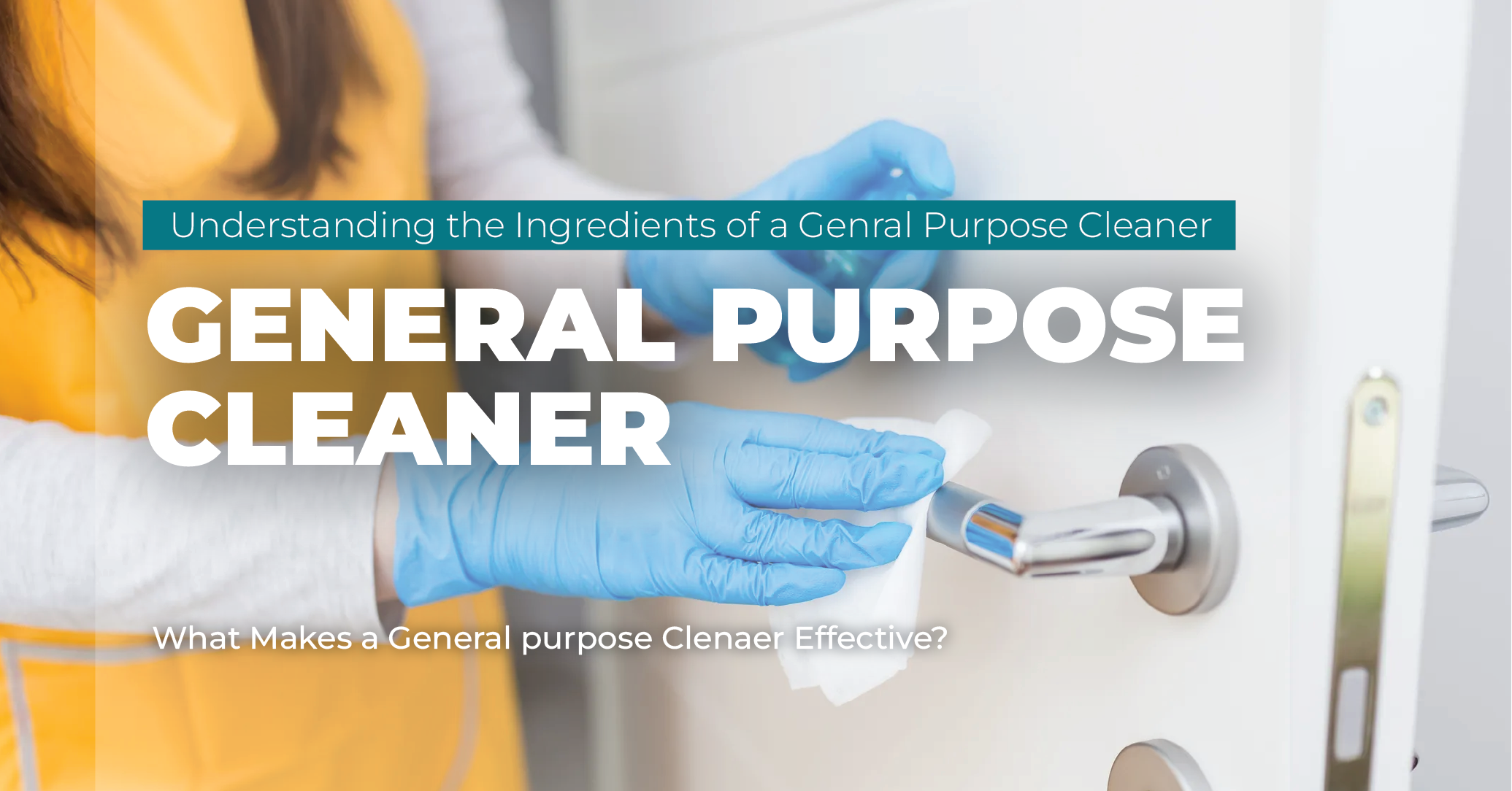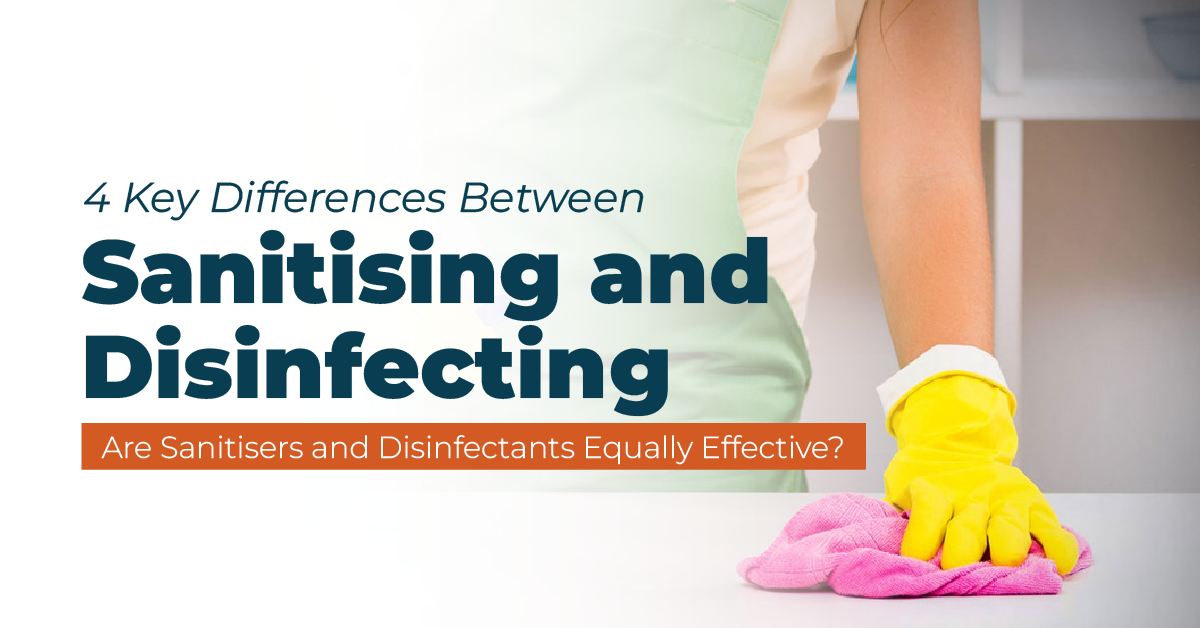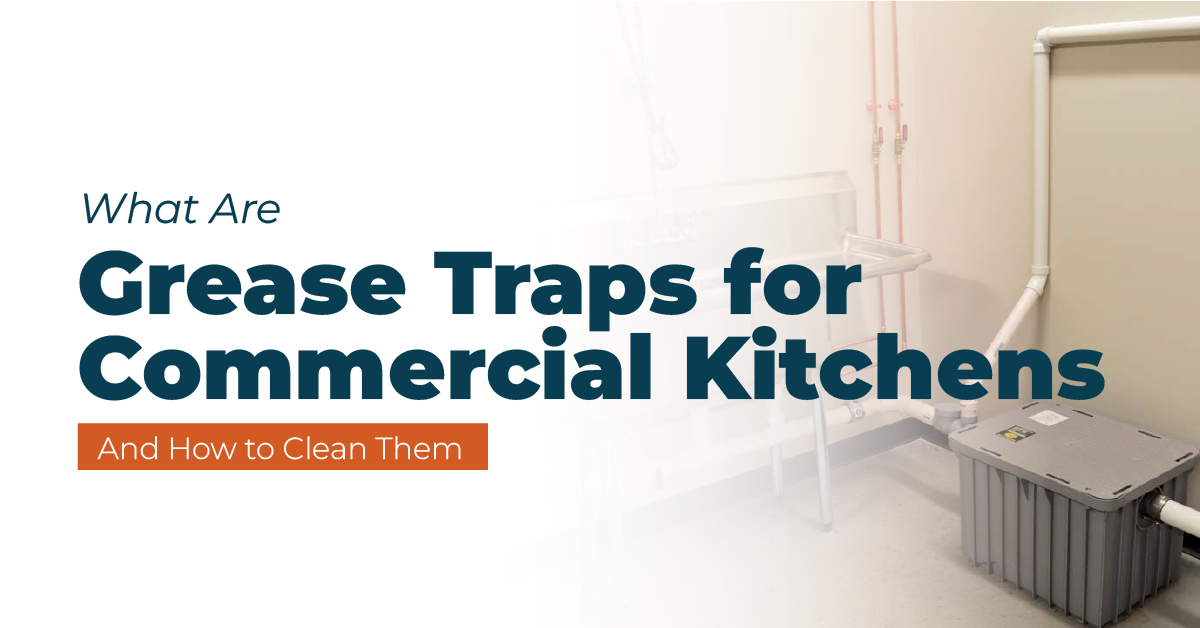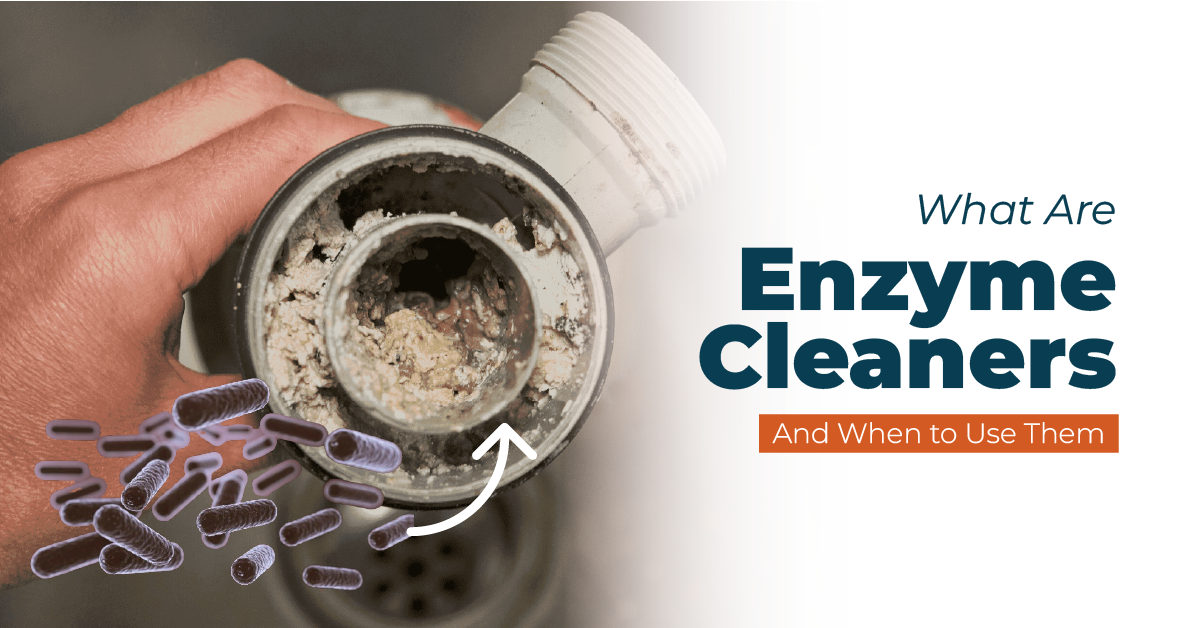
10 Ways to Reduce Water Consumption in Commercial Kitchens
Reducing water usage and promoting sustainable practices in commercial kitchens is crucial for the environment and the bottom line. From choosing water-efficient appliances to implementing timers on equipment, there are many ways to manage water usage and reduce water bills. In this article, we suggest 10 ways to reduce water consumption in commercial kitchens and provide actionable insights to help commercial kitchen owners and managers navigate towards sustainability while maintaining operational efficiency. Top 10 Causes of Clogged Drains & How

